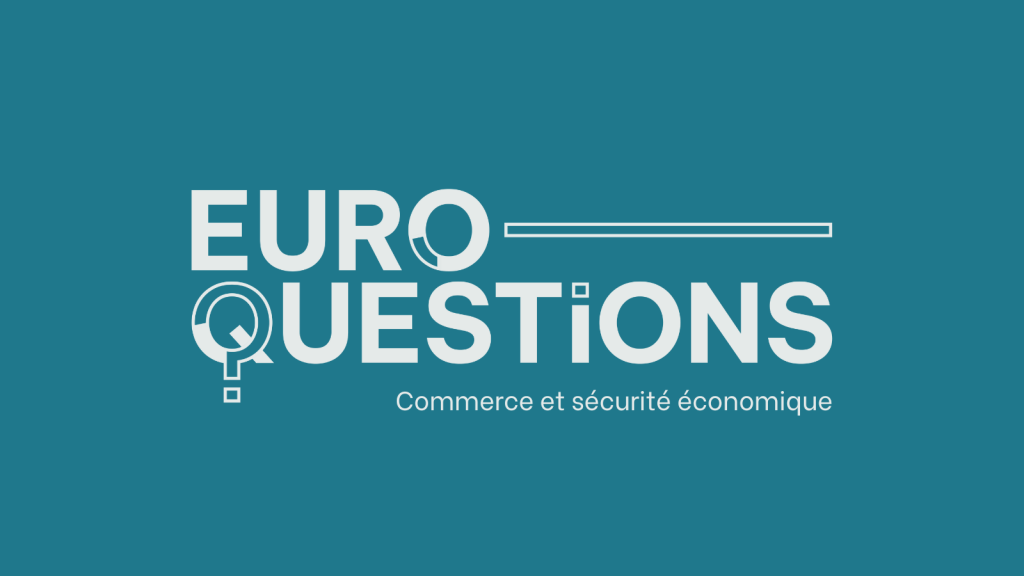Euroquestions #63 | La sécurité économique, nouvel impératif européen ?

La Commission européenne publiera le 20 juin une stratégie européenne de sécurité économique qui serait discutée par les chefs d’État ou de gouvernement lors du Conseil européen des 29 et 30 juin. Dans un contexte de rivalité croissante entre les Etats-Unis et la Chine, quelle est la priorité des Européens ? L’Union européenne a-t-elle la même analyse des risques économiques que les Etats-Unis ? Peut-on parler d’une doctrine du « de-risking » à l’européenne ? S’agit-il de se concentrer sur le renforcement de la résilience de leurs chaînes de valeur ? Ou bien aussi de limiter les transferts de technologies, en étendant le champ d’application du contrôle des exportations et en mettant en place un contrôle sur les investissements sortants ? Quelles sont les lignes directrices pour réduire la dépendance excessive à un seul fournisseur tout en continuant à soutenir la prospérité européenne dans un contexte tendue d’inflation ?
Ce débat est assez nouveau au sein de l’UE alors que la sécurité économique passe du statut de tabou dans une économie ouverte à celui d’élément décisif de l’élaboration des politiques nationales et internationales. Est-ce un pas décisif vers plus d’une autonomie stratégique européenne ?
Nous avons le plaisir d’accueillir Elvire Fabry, chercheuse senior en géopolitique du commerce.

